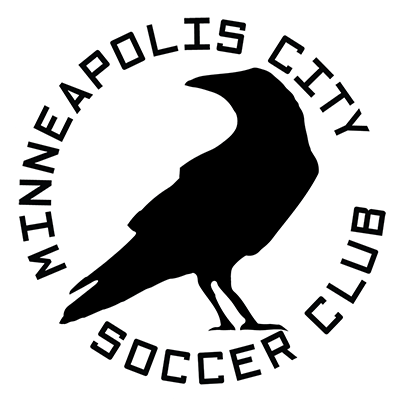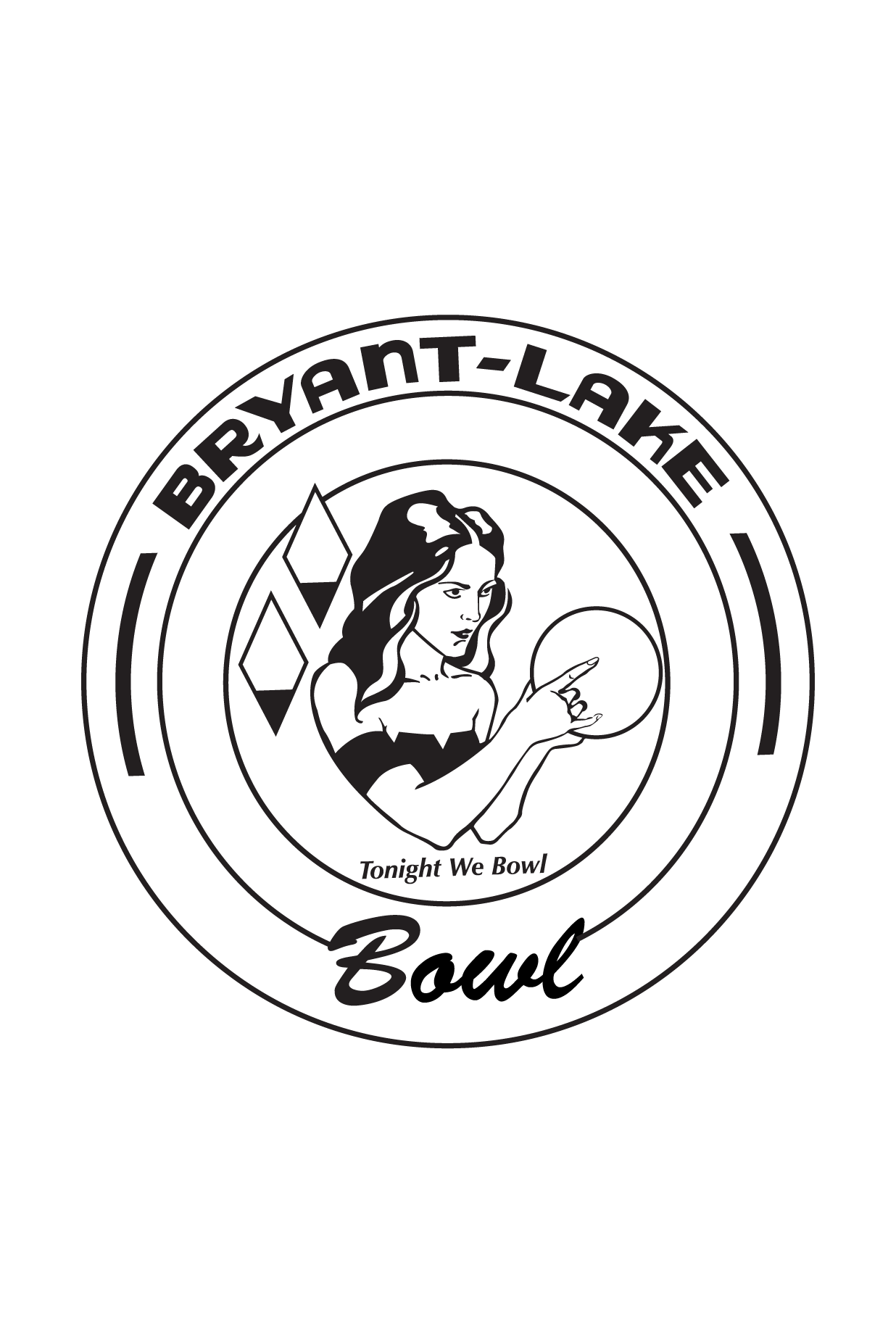LUTSEN, Minn. — In 2021, Minneapolis City’s second-team reached the United Premier Soccer League’s national quarterfinals. Goalkeeper Ben Schliemann‘s penalty-kick save that sent MC2 past the Iowa Raptors led to color commentator Jon Bisswurm’s, “There’s a dog on the field!” narration, as he described the resulting celebration at Edor Nelson Field.
Bisswurm’s call became a bit of a club meme. And, the second-team’s shootout-victory was one of the highlights of a thrilling summer.
The next season, the Crows fielded three teams, with senior sides competing in both the National Premier Soccer League and USL League Two. Getting an expanded senior player-pool to gel proved an added and self-inflicted challenge. The three-time defending NPSL North champions finished a club-worst fourth-place in the conference, and City needed its final home game of the year to notch its first victory in League Two.
Behind the scenes, Futures program architect Jeremiah Johnson — now City’s Director of Football — had been keeping a close eye on the second team and the UPSL’s Midwest West Conference in which it played.
A decision to withdraw from the NPSL would be coming, freeing up the senior team to concentrate solely on League Two. The latter league already had a focus on development, capping the number of players aged 23-and-older that could be on any team’s roster. This made the initial conception of MC2, which City had been treating as its own U-23 side, a bit redundant.
U-21s Hit the Ground Running
Johnson began mulling over a question: could his Futures’ winter program be used to fill out the roster of a U-21 team that could compete in the UPSL’s Premier Division, given the UPSL is not a U-21 league?
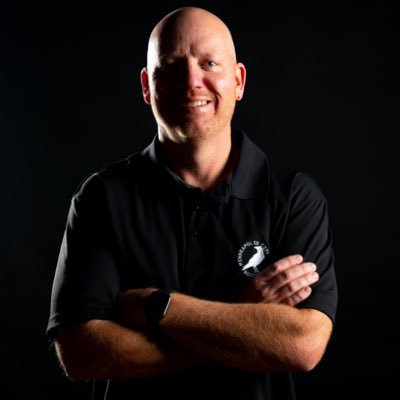
“They’ll be playing against grown-ass men,” said Johnson. “That was the biggest challenge. That was the biggest fear when we first started. ‘Am I throwing younger guys into a situation where they’re going to be physically outmatched?’”
The answer to that question was a resounding, “No.”
In 2022, when the U-21 Futures played their inaugural UPSL campaign, the team finished second in the Midwest West regular season on the strength of an undefeated 7-0-3 record, before defeating Vlora FC on penalties to win the conference playoffs.
Johnson cited the club’s no-assholes policy as instrumental to the Futures’ success.
“Most guys were very, very up to it. They wanted that challenge and wanted to be pushed beyond what they had been at the youth level,” Johnson said. “Training was not necessarily modeled to this, but we encouraged guys to be physical on the field. We let a lot of stuff fly and we didn’t call fouls. They don’t have to apologize for what they do on the field, so long as they were respectful to one another off it, because they’re driving each other.”
In an additional approach to prepare players for the shithousery they would encounter playing adult soccer, Johnson said that in intrasquad scrimmages, he and his coaches would often deliberately make bad calls to prompt players to push through adversity.
The U-21 Futures fared even better last summer. Finishing their UPSL regular-season undefeated once again, they improved to an 8-0-2 record. And once again, the team won the Midwest West playoffs via shootout, this time defeating St. Croix Legends.
Johnson recalled a particularly-good learning experience in which the Futures faced a Vlora side that featured former Minnesota United forward and North American Soccer League MVP Pablo Campos, up top.
“He’s a massive human being,” said Johnson. “One of our core principles is to win second-balls. So we didn’t task anyone to go up with Pablo Campos and win that first ball; just to challenge him a bit. Then win the second ball.
“That was a tactic that worked most of the time.”
U-19s Look to Fill Gap
On-field success brought increased interest from players looking to take part in the Futures’ Friday-night winter practices, with an eye towards making the cut for the UPSL summer roster. For Johnson and his staff, those cuts involved difficult decisions and were frequently concerned with talented players who might not yet be ready for the UPSL’s Premier Division.
“There is still a gap for 17 and 18 year-olds looking to play at an advanced level, bridging youth soccer with adult soccer,” Johnson said.
Enter the UPSL’s Divison 1, created as a second-division to facilitate internal promotion and relegation within the league, and offering a level of amateur soccer in which Johnson and City feel the Futures’ new U-19s can make a respectable showing.
“We’re bringing guys together, much like we did with the older group, to compete with one another,” Johnson said. “The first thing we tell them when they come to Futures training is that we’re not a youth club, but the tone is set by you [players].
“We’re here to help nurture a competitive environment and you will only get out of this experience what you put in. Nobody this age dreams of Minneapolis City being their final landing spot. We’re just a stop on someone’s soccer journey, at this point. And we’re happy to be that stop.
“But how can we help these guys get to the next level — whether that’s college, the Futures’ U-21s, the senior team or beyond? It’s by creating that competitive environment so they can continue to push themselves to be better.”
Johnson offered that where Division 1 may lack the depth of talent found in the UPSL’s Premier Divison, the inaugural U-19 team will still encounter players on opposing teams who have turned out for NSPL, USL2 and even professional sides.
Scott Heinen Named First U-19 Head Coach
The man tasked with leading the U-19 program this winter and onto the field this summer is already well known within the club.
Scott Heinen, a former All-MIAC midfielder for Gustavus Adolphus who went on to play semi-professionally for SV Germania Eicherscheid in Germany, is also an alumnus of both Minneapolis City’s second and senior teams, including turning out for the Crows in their Minnesota Cup group-stage victory over rival Duluth FC last July.
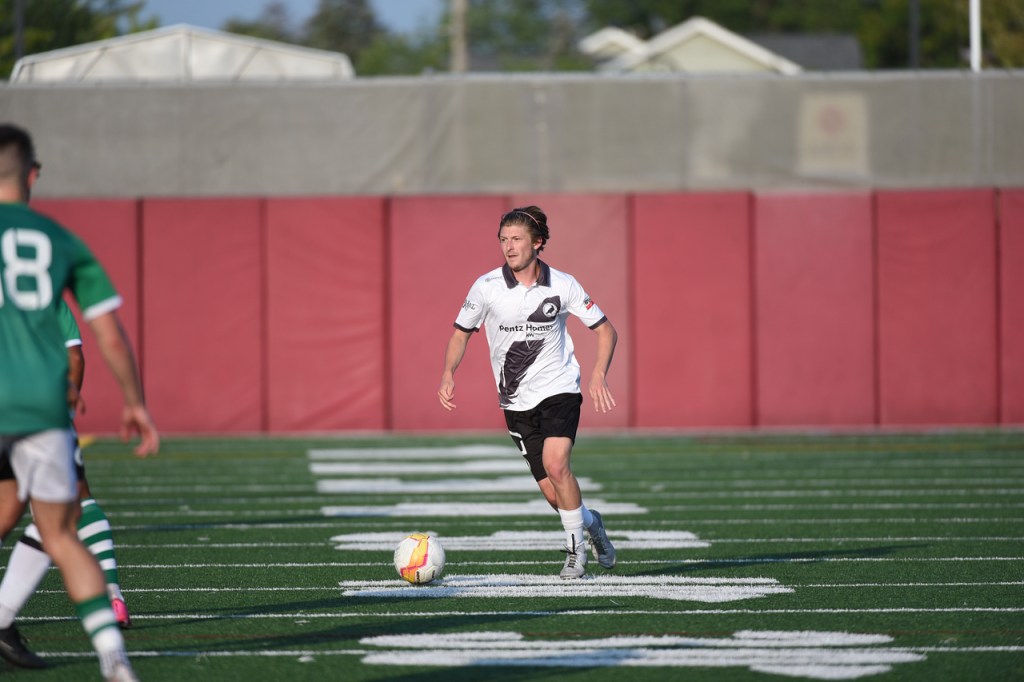
“I’ve played for City since the fall of 2020 when Matt Gibbons dragged me along to a training because they needed a couple extra numbers, and I love how the club has been run,” Heinen recalled. “Everyone is there to battle, but everyone remains buddies at the end of the day. Once we crossed back over that white line, it was all about, ‘What are you doing this weekend? How is your family?’ It’s just about being a good guy.
“Playing for the second team, going to games as a fan, and now playing a bit for the first team, I’ve fallen in love with the club.”
Folks around the club offer that Heinen embarking upon a coaching career — including taking up an assistant position at his alma mater — has been a wholly-natural progression. Johnson noted that even as a collegiate player, playing Heinen in midfield was like putting an extra coach out on the field.
“[Scott] has such a great demeanor in the way he delivers his message,” said Johnson. “It’s very educational. It can be direct, but it’s non-threatening. And he’s a very nurturing individual in the way he delivers that message.
“So what we did with Scotty was give him the opportunity to run some of these U-19 Futures sessions throughout January, and he did a wonderful job.”
Heinen plans to draw on his experience playing abroad as a then-recent college graduate, facing high-level players in their late 20s and early 30s.
”A lot of these guys are hoping to continue on and play in college, so this can be a part of that learning curve,” Heinen said. “The adults have figured out how to play the game in their head, so they don’t have to use their legs as much. And I think when we get into these sorts of match-ups, where they’re playing against seasoned opposition, a big part of growth is watching and learning about their strengths versus your strengths.”
Josh Roy Appointed U-21 Head Coach
Josh Roy was someone whom, for a number of years, Minneapolis City had wanted to bring into its fold. But the NCAA prohibits coaches from working with their own players over the summer, and while Roy was coaching at Macalester College, neither he nor the club wanted to deny any opportunity for Scots players to turn out for the Crows, for either the U-21 or senior teams.
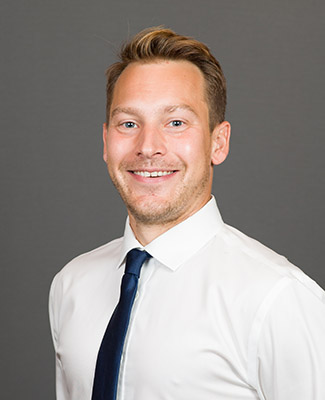
When Roy and Macalester parted ways, and with Johnson moving up to sporting director, both Roy and the club jumped at the chance to work together.
“I’ve known players who have played with City. I’ve coached players that have played with City. I’ve known about the organization, second-hand. I’ve seen games and followed them on social media,” said Roy. “The opportunity to come in, have some ownership and autonomy, and play a part in this bigger, broad-scale, club-community concept that City is, is really great.
”It’s fun to work with players who are sacrificing, and dedicating themselves to get better and to play and compete for a local club.”
Roy noted that with the addition of the U-19 program, he was excited to join City at a time when a pathway for 17 and 18 year-old players was being broadened, and that it could only help raise the level of his U-21 team in future years, as players with an understanding of the Crows’ style of play and philosophy matriculate up through the club.

































































































































































































































































































